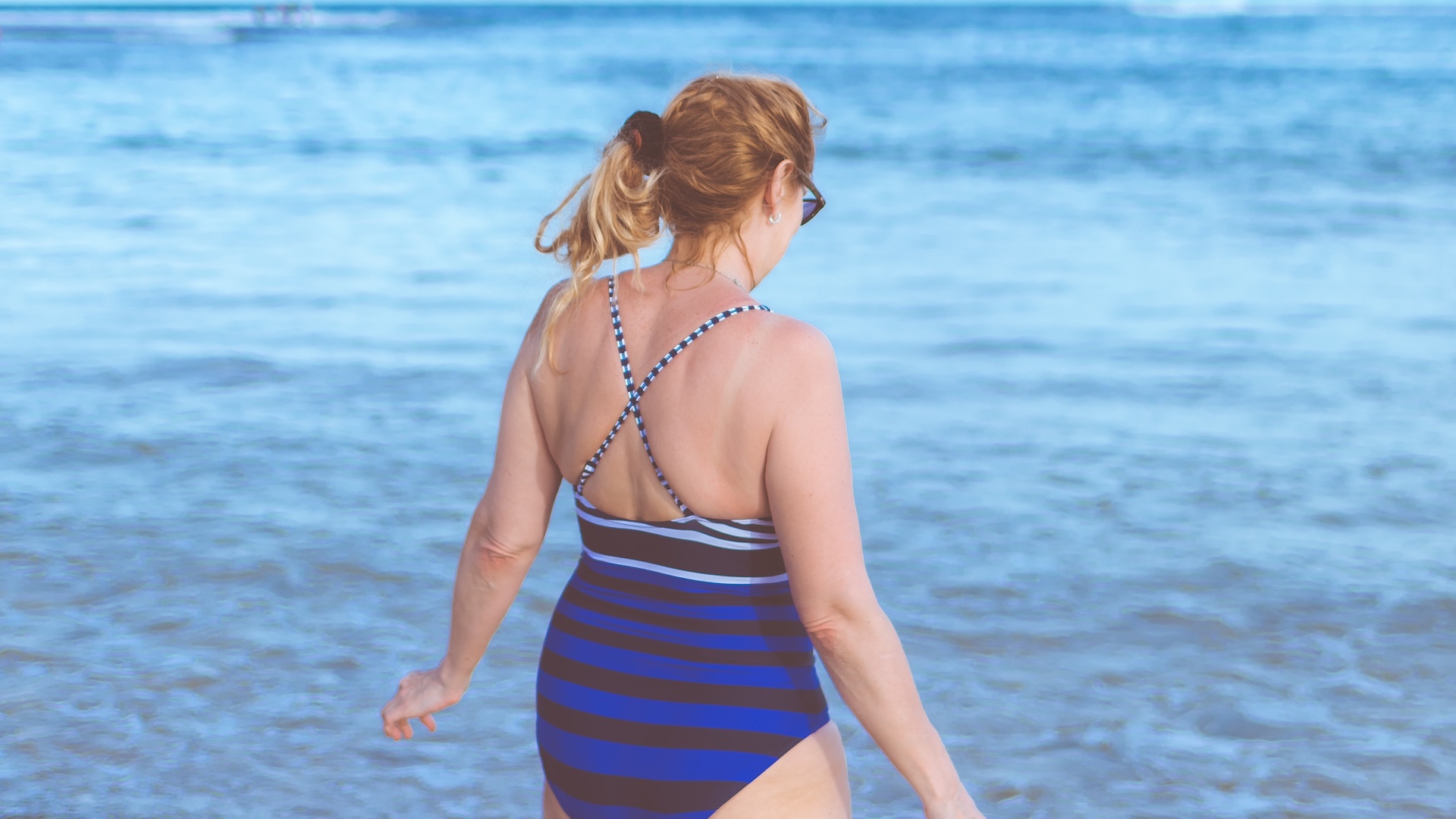The menopause can have profound changes in women’s bodies, including causing osteoporosis. We explore the links between osteoporosis and the menopause, including why Low-intensity Vibration is an important tool at preventing it.
Scientists first began to explore the links between the menopause and osteoporosis in the 1960s. Clinical data subsequently confirmed the hypothesis that the drop in oestrogen levels that women experience during the menopause leads to a reduction in bone strength.
Women can lose up to 20% of bone density between five to seven years after the menopause. Half of all women aged over 50 will break a bone because of osteoporosis. Women are more likely than men to develop osteoporosis, a direct result of the physiological changes brought about by the menopause.
Women who experience early menopause (before the age of 45) are at a higher risk of developing osteoporosis.
This video explains the links between the menopause and osteoporosis:
<iframe width=“560″ height=“315″ src=“https://www.youtube.com/embed/mXMePERrXvM“ frameborder=“0″ allow=“accelerometer; autoplay; encrypted-media; gyroscope; picture-in-picture“ allowfullscreen></iframe>
Healthy lifestyle, healthy bones
The menopause will have an impact on your bone health, but there are things you can do to fight back and prevent osteoporosis.
Stay active
Get regular exercise. The NHS recommends you do at least 150 minutes of exercise per week. You must put your body under stress, so keep doing the activities you enjoy, like jogging, dancing and sports like tennis or squash. Anything that gets your heart going and your body working will have a positive impact on your bone health.
If you are worried about the health of your bones, then avoid high impact activities like running or weight lifting. Brisk walking, cycling or swimming are all great ways to keep your body and your bones healthy.
Low-intensity Vibration (LiV)
Scientists have established that low-intensity vibration is effective at preventing bone loss, something that all menopausal women should take seriously. A recent study concluded that. “Low-magnitude whole-body vibration therapy can provide a significant improvement in reducing bone loss in the lumbar spine in post-menopausal women.”
Marodyne LiV uses Low-intensity Vibrations (LiV) to stimulate the body gently. These precise movements encourage the body’s bone-building cells (osteoblasts) to work.
A one-year placebo-controlled research study of post-menopausal women demonstrated that low-level vibration effectively inhibits bone loss in the spine and femur. In one study, the placebo group lost 2.13% in femoral neck bone mineral density (BMD) over the year, whereas the active cohort recorded a 2.17% increase in BMD.
The researchers concluded that: “If used regularly, the progress of osteoporosis can be at least slowed down, stopped or even reversed.”
Eat healthily
Your body needs the right fuel to grow and develop strong bones. Specifically, you need to ensure that you’re eating a diet rich in vitamins and minerals, including calcium and vitamin D.
Calcium is, like your mum used to tell you, great at building bones. As well as dairy products like milk, yoghurt and cheese, you can get a healthy dose of calcium from leafy vegetables, nuts seeds and dried fruits.
Vitamin D is another essential for maintaining bone strength. You can find it in oily fish, eggs, fat spreads and breakfast cereals.
For more information, check out the NHS guide to eating for bone health.
Should I take supplements?
While it’s easy (and tasty) to get the amount of calcium you need, Vitamin D is a little harder. Vitamin D supplements are cheap and readily available and are important to take regularly if you are worried about the health of your bones.
Cut down on drinking and stop smoking!
We’ve written before about the relationship between alcohol, smoking and osteoporosis. It’s more important that menopausal women cut down on their alcohol intake. You should also quit smoking too – not only for the health of your bones but for your whole body.
If you are struggling to make changes to your drinking and smoking habits, speak to your pharmacist or GP who can point you in the direction of local support services that can help.
Will I need drugs?
It’s impossible to say whether you will need drugs to treat your osteoporosis, but by taking regular exercise and making changes to your diet you’ll give yourself a better chance of staying fit and healthy for longer.
Women menopausal and post-menopausal women should do everything they can to protect their bones. Learn more about how Marodyne LiV works to prevent osteoporosis here.

